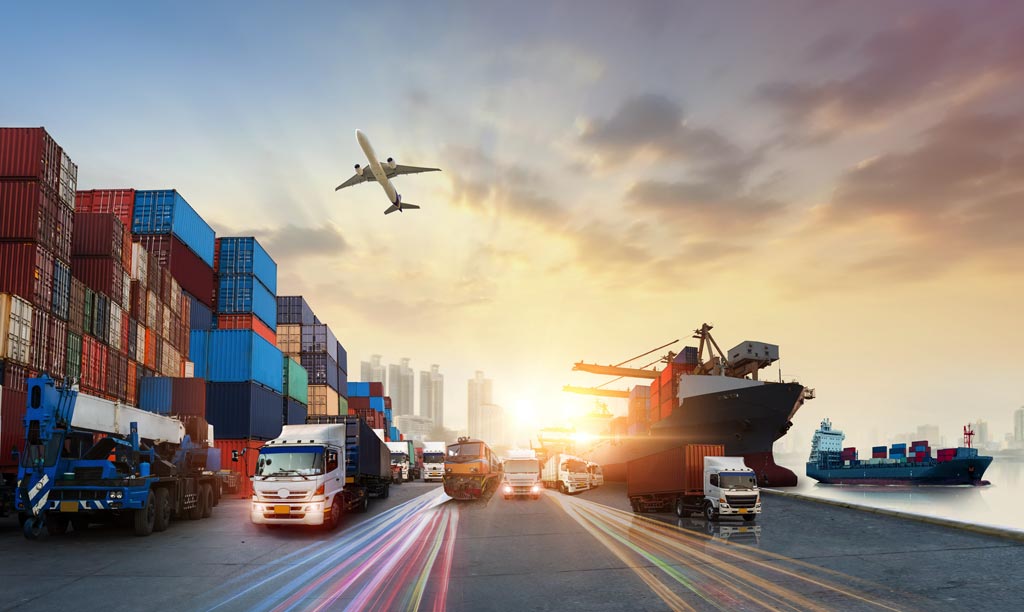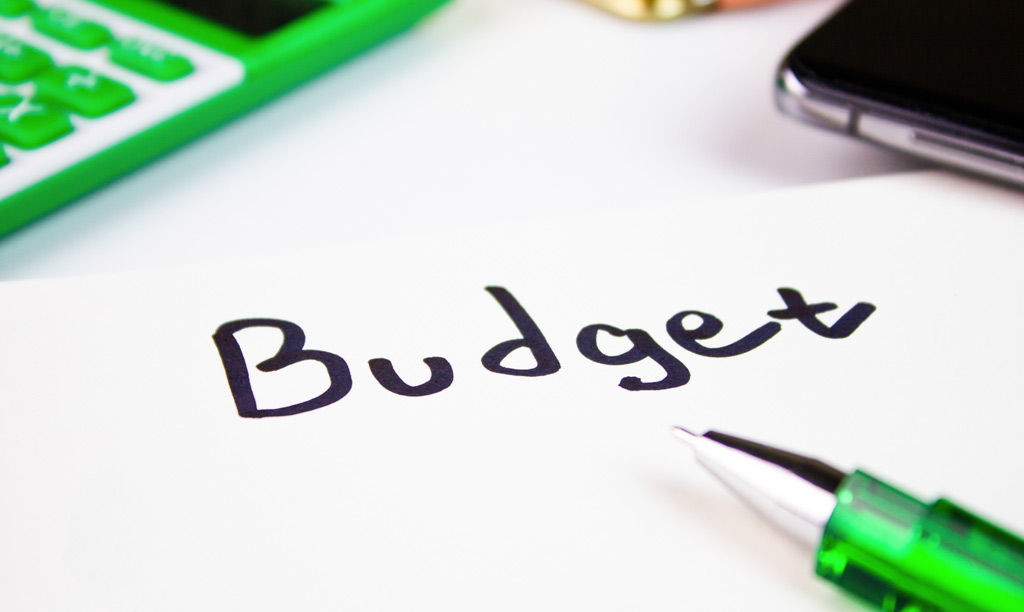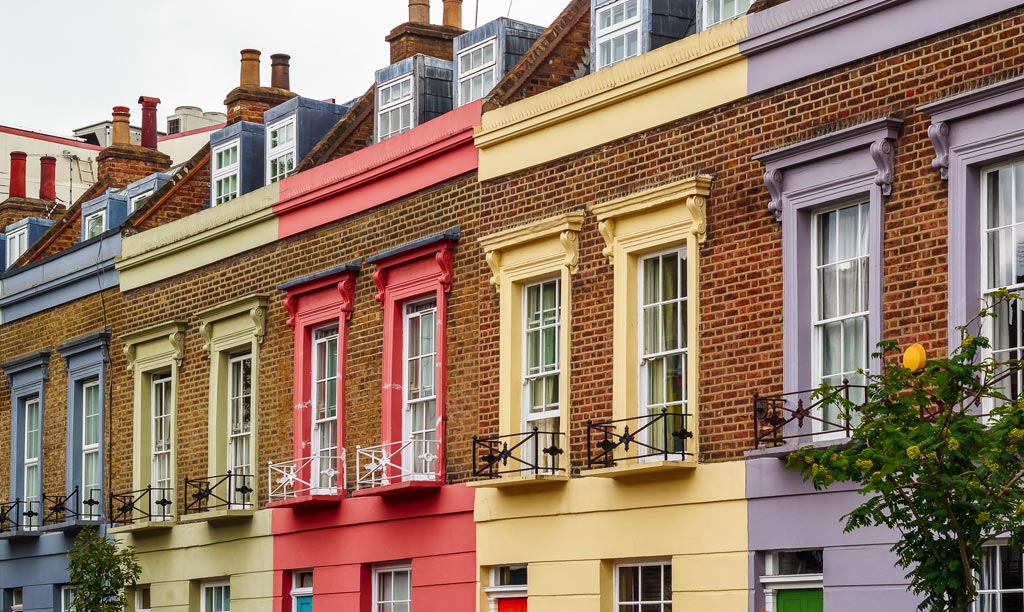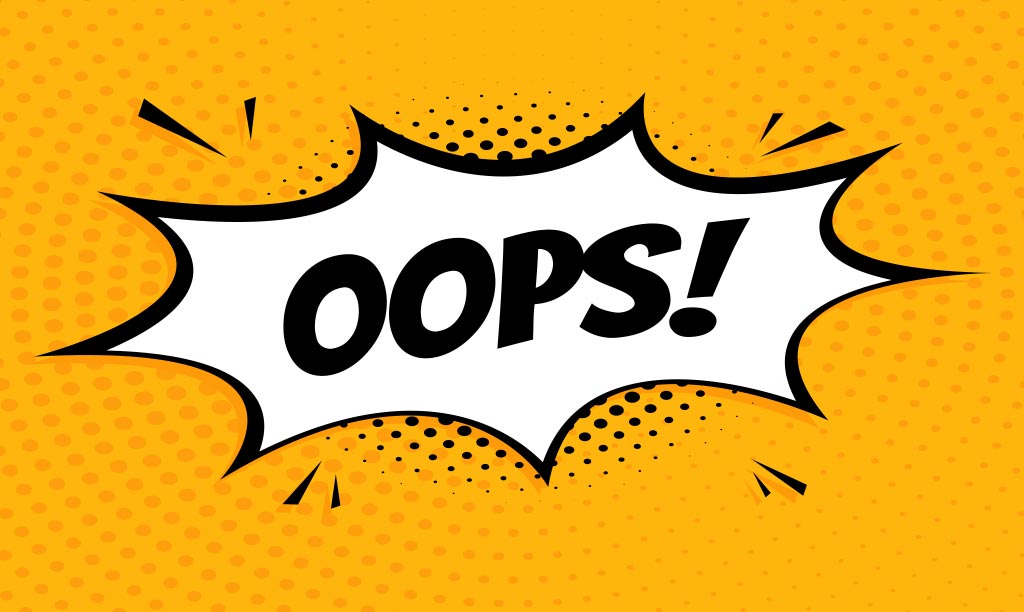Despite Brexit providing the chancellor with free reign in terms of implementing new VAT rates and reliefs, the absence of VAT measures that could have really made a difference was notable in last week’s Spring Statement.
The absence of any extension of the temporary reduced rate in the hospitality and tourism sectors is a real blow for many businesses in these industries. More than 250 business leaders had urged the government to extend the relief beyond March and an All-Party Parliamentary Group for the industries advised retaining the reduced rate to aid recovery. Most businesses in these sectors are still suffering the devastating effects of the last two years and with the VAT rate returning to 20% from 1 April, businesses that may have been hoping that a stay in the reduced rate of VAT would go some way to recouping their losses, will now be forced to increase prices considerably to stay afloat. Unfortunately for many businesses increasing prices will not provide the recovery needed for survival, given these businesses are also contending with the highest rate of inflation for 30 years and the unrelenting energy price rises to boot.
Spring Statement shows no suggestion the Government are looking to rip up the EU VAT rule book, despite no longer being bound by it.
Other notable absences from the Spring Statement include:
-
No VAT cut for domestic fuel:
VAT cuts on fuel have been implemented by many EU countries in response to the pandemic and soaring energy prices. It was reported that before the budget in October, Sunak considered cutting the 5% VAT rate applicable to domestic fuel but ultimately did not push this through. Clearly this VAT cut was not one he reconsidered for introducing in the Spring Statement, despite reports that the VAT windfall from increased fuel prices could be in the billions. -
No scrappage of VAT on energy saving upgrades for Northern Ireland:
This is actually to be expected due to the Northern Ireland protocol. However, the Chancellor confirmed that, until the relief can be introduced UK wide, the Northern Ireland Executive would receive a share of the value of the relief. -
No scrapping of VAT on energy saving upgrades for charity buildings:
If the aim of scrapping VAT on energy saving upgrades is to reduce the cost and encourage the uptake of these eco-friendly installations, this seems a missed opportunity. Having been able to benefit from 5% VAT prior to 31 July 2013, when the relief was removed, charitable buildings have no VAT relief available to them on energy saving installations. Since many charities cannot recover the VAT they pay, the 20% VAT on these may make eco-friendly energy saving solutions unaffordable. The double whammy being that charities may therefore not have access to ways to reduce their spiraling fuel costs. - No VAT reduction on fuel for charities. Charities in general pay 20% VAT on their fuel bills unless they have low consumption or are using the building for non-business activity, in which case the reduced 5% applies.
So, despite being able to rip up the VAT rule book (which the UK was required to follow when part of Europe) following the break with Europe, the government still does not seem to be particularly inclined to do so. In fact, the very underwhelming changes to VAT suggest that the government are happy with VAT just as it is.
If you would like to explore how you and your clients could benefit from using The VAT Team’s specialist white labelled VAT support, please contact us.





























